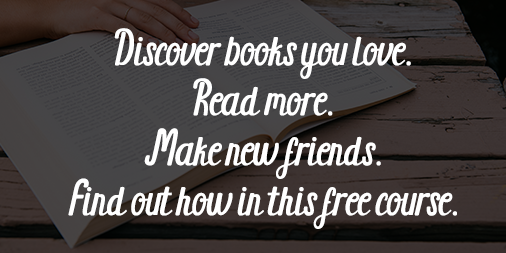I’d wanted to read Persepolis for quite some time, even before I saw the film. I had vague intentions of getting it out of the library, but my to-get-from-the-library list is about a mile long and has to compete for attention with all the books I own. Happily, I got given a copy as part of a Secret Santa, so it managed to jump the library queue. Yay!
Persepolis is a (slightly-fictionalised according to various sources) memoir in two parts, which were originally published in French. The edition I have from Vintage Books collects both parts in a trade paperback, but it is also available from Pantheon Books in a larger format. The first part, ‘The Story of a Childhood’, follows the author’s childhood in Iran, following the Islamic Revolution and exploring how her everyday life was altered. She becomes more and more rebellious when she reaches her teens, and her parents decide that she will be safer and happier if she goes away to school in Austria, which is where the second part begins. ‘The Story of a Return’ is about her experiences in Austria, and her decision to return to Iran.
Successful memoirs feel honest, and Persepolis certainly does. Marjane
Satrapi shows herself and the people she loves as flawed human beings,
and therefore I found it easy to trust her impressions of people who
treat her or other people badly. Persepolis balances the serious, unflinching depictions of wars and revolutions with humour and details about her family life – I cried a couple of times but I laughed a lot more.
I loved all the little snippets of Iran’s history. The school curriculum in the UK treats British history as if it’s the history of the whole world, while simultaneously leaving out most of the parts of British history that are actually important to world history, ie. all the unsavoury details about the British Empire. I feel like there is a shamefully huge gap in my knowledge and I actually really enjoy learning about history when it’s not confined to the World Wars. What is great about Persepolis is that the historical details are interwoven with the author’s life – they are things that she learnt about in childhood, or that she explains briefly to the reader so that the surrounding parts of the story make sense. It made me want to find out more.
I started reading Persepolis when I was ill – I was feeling dizzy and wanted something
that would be easy to follow, and that would take my mind off of all the
things that I was incapable of getting on with. It was the perfect
choice, and has left me with a craving for more graphic memoirs. If you have any recommendations, please leave me a comment!


